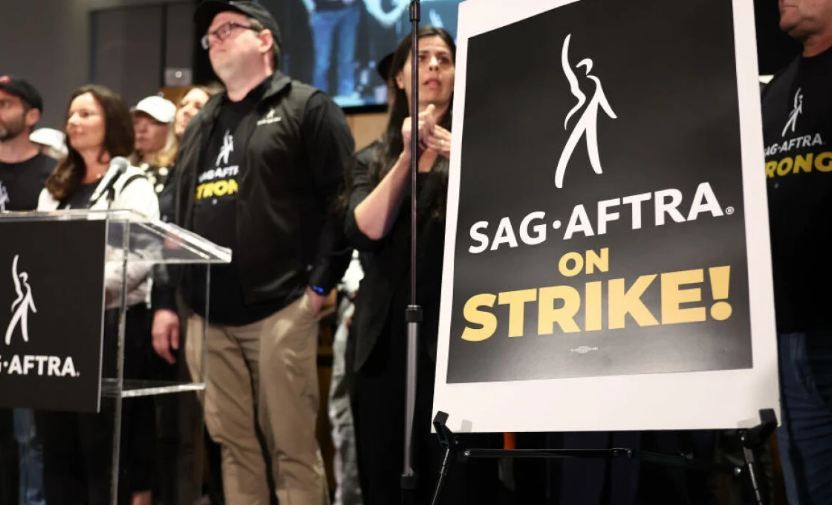On June 10, 2025, SAG-AFTRA sealed a tentative deal with major video game studios, halting a strike launched in July 2024. The agreement, focusing heavily on artificial intelligence (AI) and motion capture protections, aims to safeguard actors but has ignited debate over whether it stifles technological innovation critical to gaming’s future.
The strike stemmed from fears that AI could exploit performers, particularly in voice acting and motion capture. Actors worried studios might create digital replicas of their voices or movements—used in games like God of War or The Last of Us—without ongoing consent or fair pay, potentially sidelining human talent. The deal addresses this by eliminating one-time buyouts for unlimited replica use, requiring explicit consent and compensation matching live performance rates for each use. For motion capture, it ensures performers’ movements can’t be repurposed via AI without approval, protecting their likeness in dynamic animations like combat sequences. Studios also can’t use non-union work to bypass these rules, closing a loophole that could undermine unionized performers.

The actors’ concerns aren’t baseless. Without safeguards, studios could reuse a single motion capture session across multiple games, cutting jobs and devaluing talent. As Duncan Crabtree-Ireland, SAG-AFTRA’s chief negotiator, noted, “AI poses an equal or greater threat to performers in games than in film” due to its ease in replicating voices and movements (). Yet, critics argue these strict rules could choke innovation. AI can craft smarter NPCs, generate dynamic animations, or reduce development costs, making games like Cyberpunk 2077 more affordable to produce. Requiring constant consent and payments inflates budgets, potentially pricing out smaller studios or pushing costs onto players. Global competitors, unbound by U.S. union rules, might leverage AI more freely, outpacing American developers ().
Posts on X show mixed sentiment: fans are relieved the strike’s over but fret about delays in titles like World of Warcraft, while some developers grumble about navigating new AI restrictions (). The deal, awaiting member ratification, includes wage hikes and safety protocols, which could speed up production. But the question lingers: does protecting performers justify slowing AI-driven advancements that could redefine gaming? The industry’s watching closely as this precedent unfolds.

Comments 0
Login to Comment
You need to be logged in to join the discussion
Loading comments...
No comments yet
Login to be the first to comment!